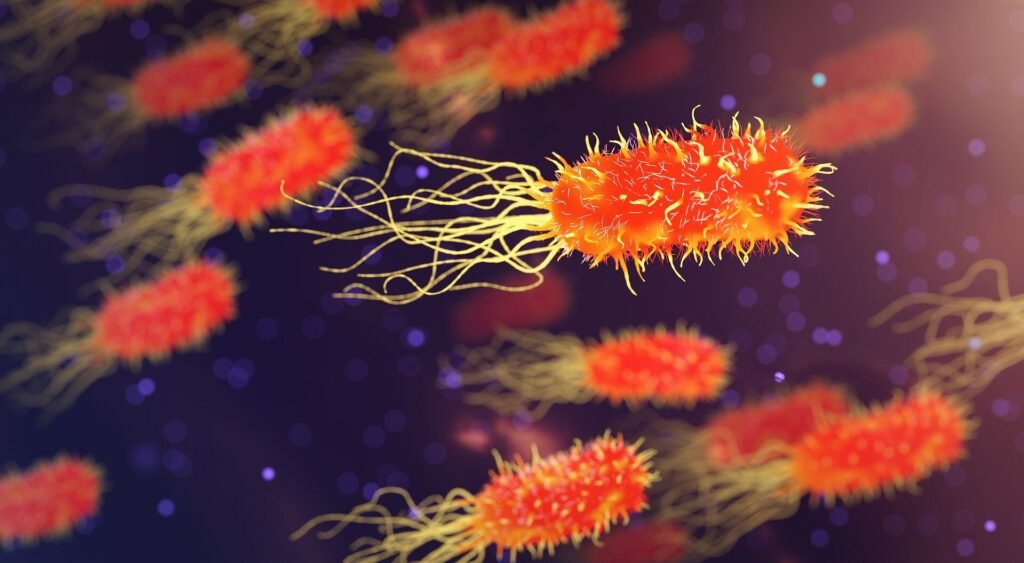Bacteria-Based Cancer Therapies: A Promising New Frontier in Cancer Treatment
Imagine a world where bacteria, typically feared for causing disease, are turned into powerful weapons against cancer. That’s exactly what some scientists are working on. They are unraveling the mechanisms for using genetically engineered bacteria to target and destroy cancer cells.
Using bacteria to fight cancer dates back to the 1860s when William B. Coley, often called the father of immunotherapy, injected streptococci bacteria into a young patient with inoperable bone cancer. Surprisingly, the tumor shrank, marking one of the first examples of immunotherapy. Coley’s work with bacteria, known as Coley’s toxins, continued to show promise, but progress in bacteria-based cancer therapies slowed down as radiation therapy and chemotherapy became mainstream treatments.
However, modern immunology has validated many of Coley’s principles, showing that some cancers are very sensitive to an enhanced immune system. This has reignited interest in using bacteria to target cancer cells.
Bacteria-based cancer therapies take advantage of the unique ability of certain bacteria to thrive inside tumors. The tumor microenvironment creates an ideal niche for these bacteria, where they can directly kill tumor cells or activate the body’s immune responses against cancer. Despite the potential benefits, safety concerns, controlling bacterial behavior, and understanding the interaction with the tumor microenvironment and immune system have been significant challenges.
Recent advances in synthetic biology and genetic engineering have revitalized the field of bacteria-based cancer therapies. Scientists can now program bacteria with sophisticated functions, such as producing and delivering specific anti-cancer agents directly within tumors. This targeted approach could overcome limitations of traditional cancer treatments, offering a promising new tool in the fight against cancer.
Research suggests that bacteria-based therapies could be particularly effective for certain types of cancer, such as colon cancer, ovarian cancer, and metastatic breast cancer. By engineering bacteria to deliver tumor protein fragments to immune cells, researchers have seen promising results in shrinking tumors and even eliminating them in lab animals.
While challenges remain, the progress in bacteria-based cancer therapies offers hope for more effective, targeted treatments that could improve outcomes for cancer patients. As our understanding of tumor biology and bacterial engineering advances, we may be on the brink of a new era in cancer treatment.
Bacteria-based cancer therapies represent a fascinating convergence of historical insight and groundbreaking science. By working in synergy with existing treatments like immunotherapy and chemotherapy, these therapies have the potential to revolutionize cancer care and improve patient outcomes.
This article is republished from The Conversation under a Creative Commons license. Read the original article for more in-depth information on bacteria-based cancer therapies.


